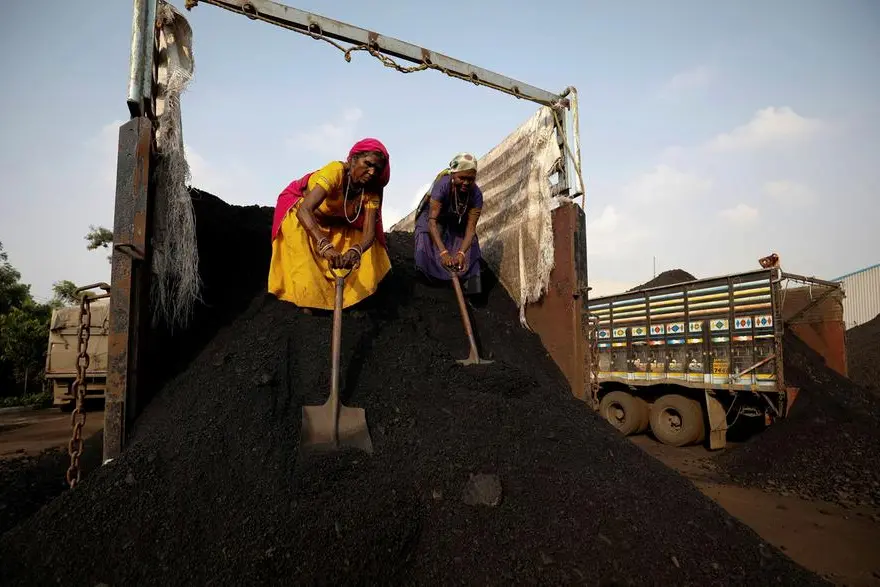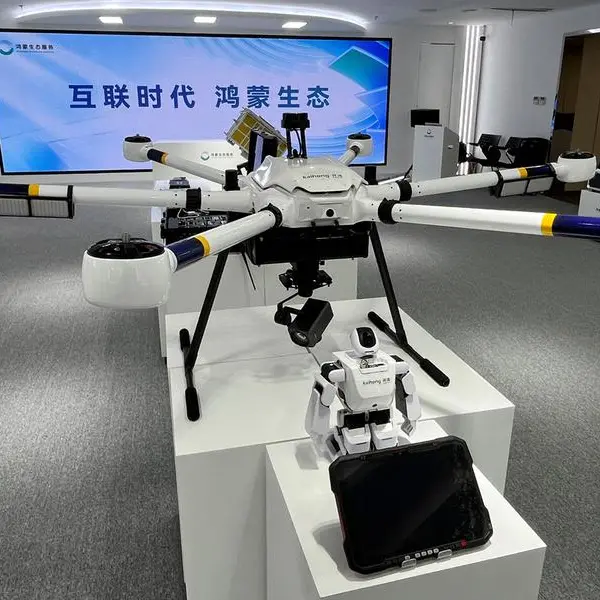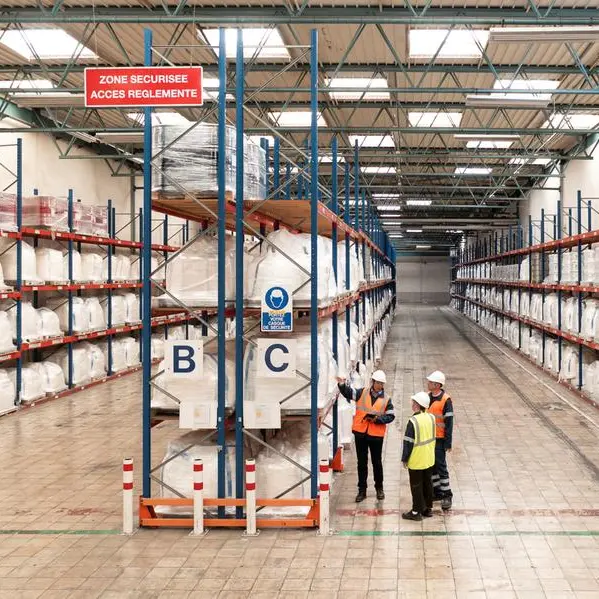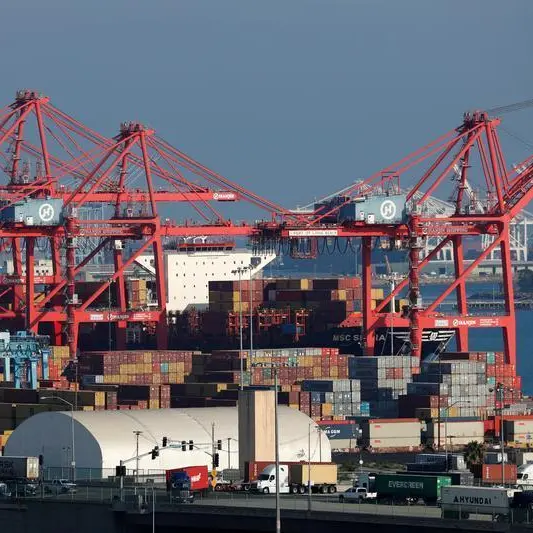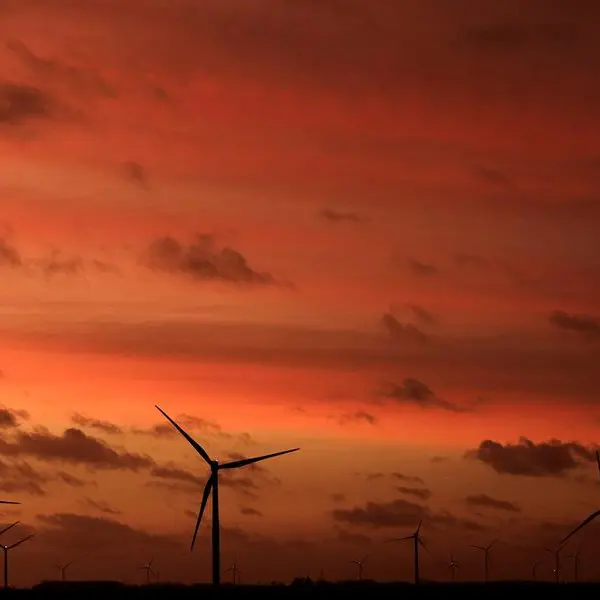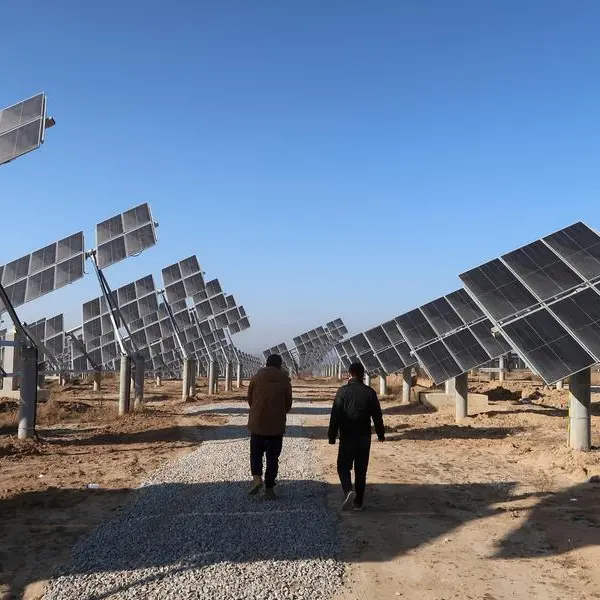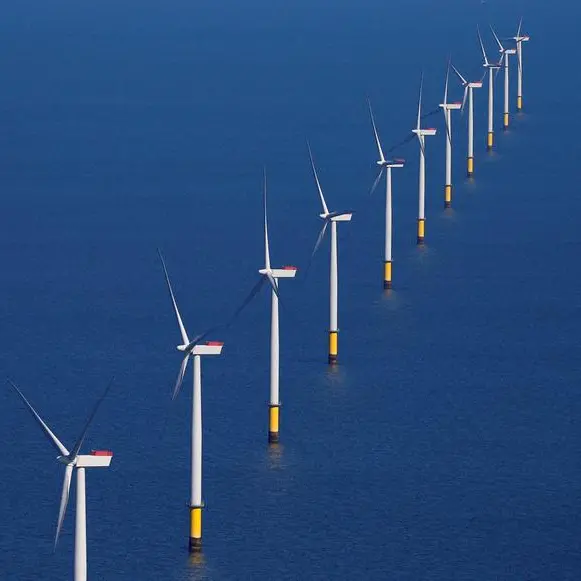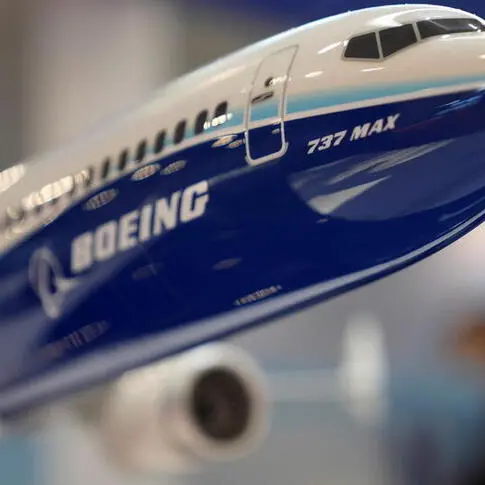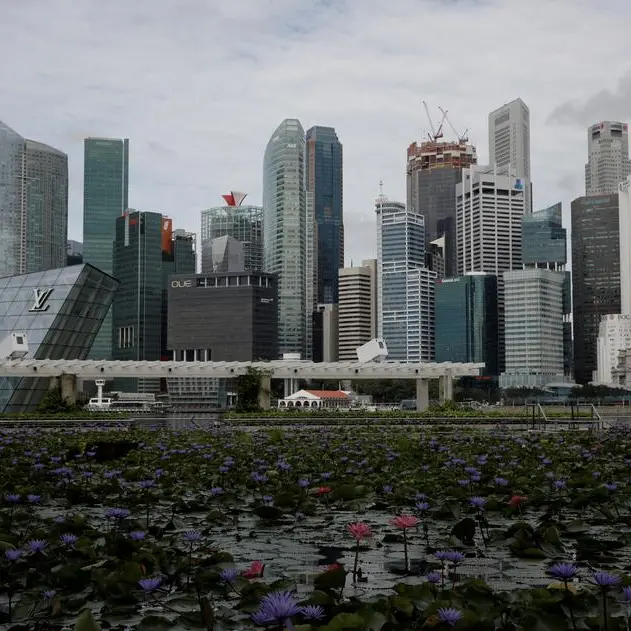PHOTO
CHENNAI/BHUBANESWAR, India - Indian manufacturers, including aluminium smelters and paper mills, are set to boost thermal coal imports for a second consecutive year due to a shortage of trains, even as state-run Coal India plans to increase output.
Higher demand from industry for seaborne coal will thwart efforts by India, the world's second largest producer and importer of the fuel, to cut its dependence on shipments from mines in Indonesia, Australia and South Africa.
India's demand for seaborne coal is set to peak during the summer season beginning this month, just as neighbouring China's coal imports have jumped with the world's No. 2 economy recovering from the COVID-19 pandemic, supporting global prices.
That means India's manufacturers face a double whammy, having to pay more for imported coal and for haulage, as the train shortage has forced them to receive coal by trucks, which costs more per tonne than by rail.
Industrial coal users accounted for about 70% of India's thermal coal imports in 2022.
Logistical challenges could boost overall Indian thermal coal imports by 3% in 2023 to 169 million tonnes, said Abhishek Rakshit, a senior analyst at consultancy Wood Mackenzie.
"Growth in Indian coal imports will definitely support the prices of the low to mid-calorific value coal market through most of 2023," Rakshit said.
RAIL CONSTRAINT
Coal India, which produces 80% of domestic output, plans to increase coal allocated to industries by as much as 57% from lsat year to 170 million tonnes for the year to March 2024.
However Indian Railways, which delivers most of the miner's coal on trains, will likely fail to keep up with manufacturers' demand as it prioritises power plants and as addition of new trains has not kept pace with demand, industry officials say.
Train supply to Coal India for delivering fuel to industries declined every month in the last fiscal year, a Reuters analysis of government data showed.
The share of trains in Coal India's fuel transport fell to the lowest in three years during the 2023 fiscal year, too.
"Despite a steep increase in coal production, movement of coal by railways has failed miserably," said Rajiv Agarwal, secretary general of the Indian Captive Power Producers Association.
This summer, India could face a daily shortage of at least 50 trains capable of carrying about 200,000 tonnes of coal for both utilities and industries, said a senior coal ministry official, who declined to be named as he is not authorised to speak to media.
Nevertheless state-owned Indian Railways told Reuters it was supplying trains for coal transport "as per demands placed by coal companies/consumers," and average coal transport had grown more than 11% during the 2023 fiscal year.
The industrial sector is currently allocated 20-25 trains per day, against demand of 50 trains per day, and as a result smelters "will be forced to import power or coal to sustain their operations", a spokesman for the Aluminium Association of India (AAI) told Reuters.
Aluminium smelter operators such as Vedanta and Hindalco are among Coal India's biggest industrial long-term customers.
Similarly, Indian paper mills are finding it "extremely hard" to source coal, the Indian Paper Mills Association said.
"Some paper mills which had never imported coal before have been forced to do so in the last two years," the association said.
COSTLIER AND DIRTIER
Due to the rail constraints, the share of trucks in coal movement rose to nearly 30% in the first ten months of the last fiscal year, on track to hit the highest level in four years.
Road transport is about 35% more expensive than trains and emits nearly three times more carbon dioxide per kilometre, according to the draft national coal logistics policy.
Coal trucking has led to protests by villagers as trucks kick up dust and pollute farms and water sources with ash.
Rajendra Naik, a resident of Ratanpur village in Sundergarh district in eastern Odisha state, said the number of trucks transporting coal in his area had nearly doubled in recent months.
"We are almost imprisoned in a dust chamber. It is difficult to breathe," said Naik, a 40-year-old activist who has been fighting coal transportation by road along with other villagers.
(Reporting by Sudarshan Varadhan in Chennai and Jatindra Dash in Bhubaneswar; Additional reporting by Sarita Chaganti Singh in New Delhi; Editing by Florence Tan and Sonali Paul)
